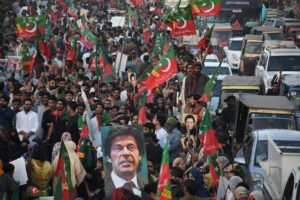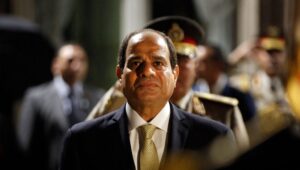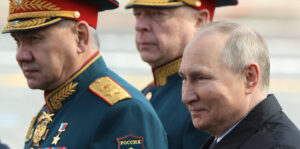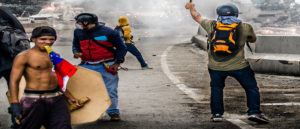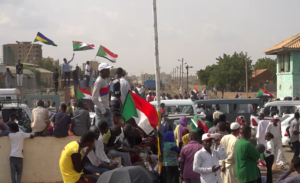
July 2024, Volume 35, Issue 3
Pakistan’s Coming Crisis
Pakistani voters sent the military a message in the February elections: They no longer trust the “guardian of the country.” Worse for the generals, they can no longer escape accountability for their corruption and incompetence because everyone knows the military is in charge.

